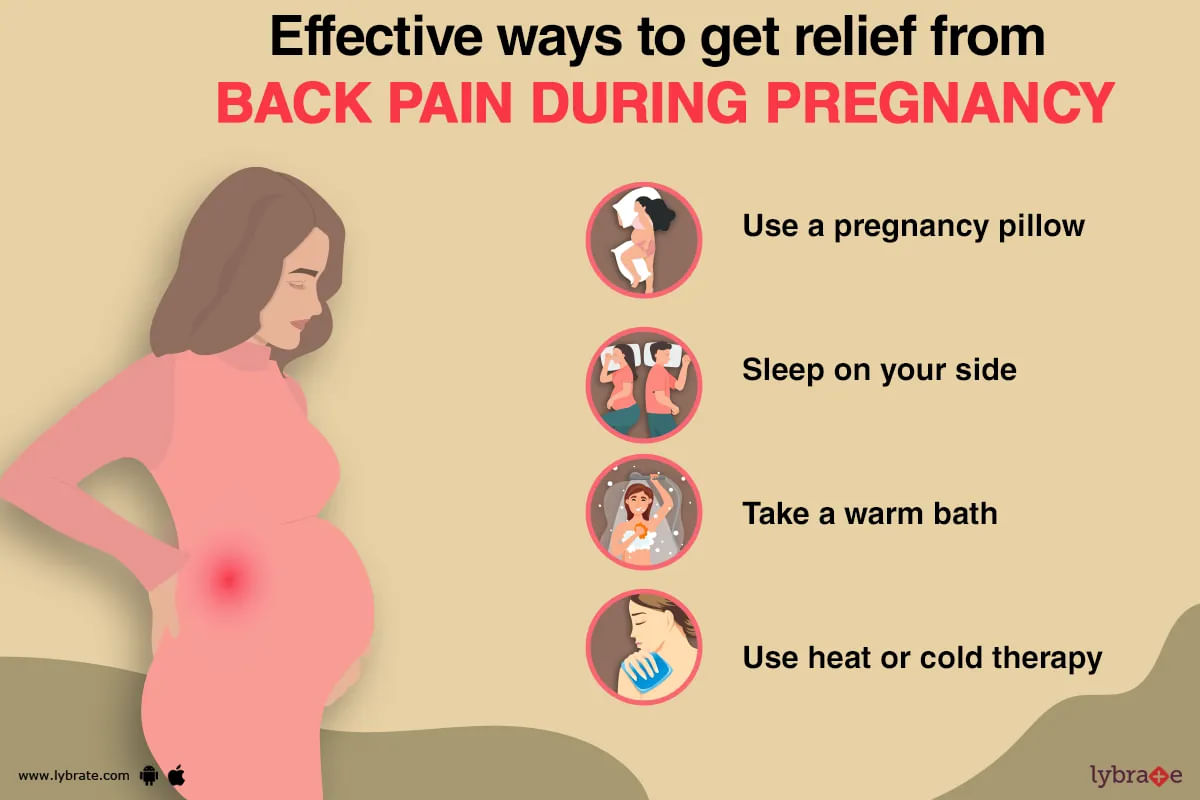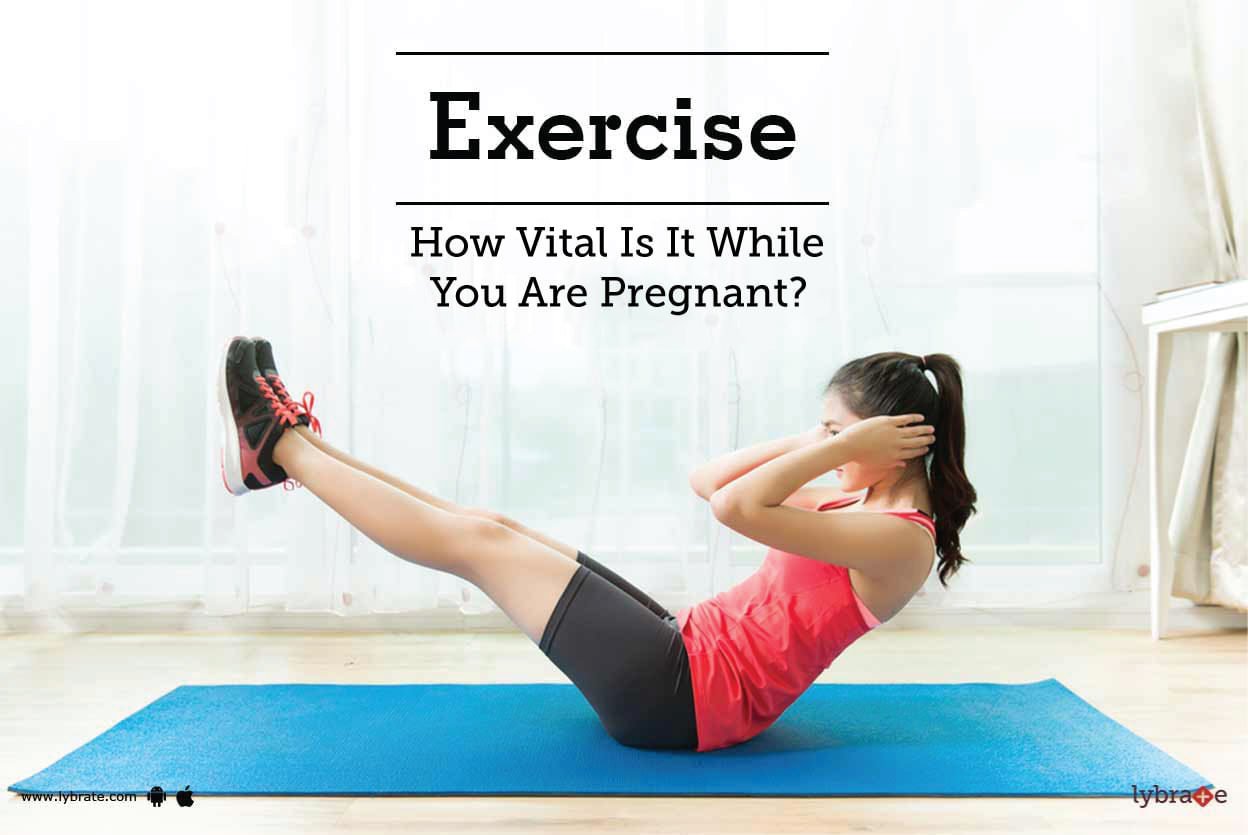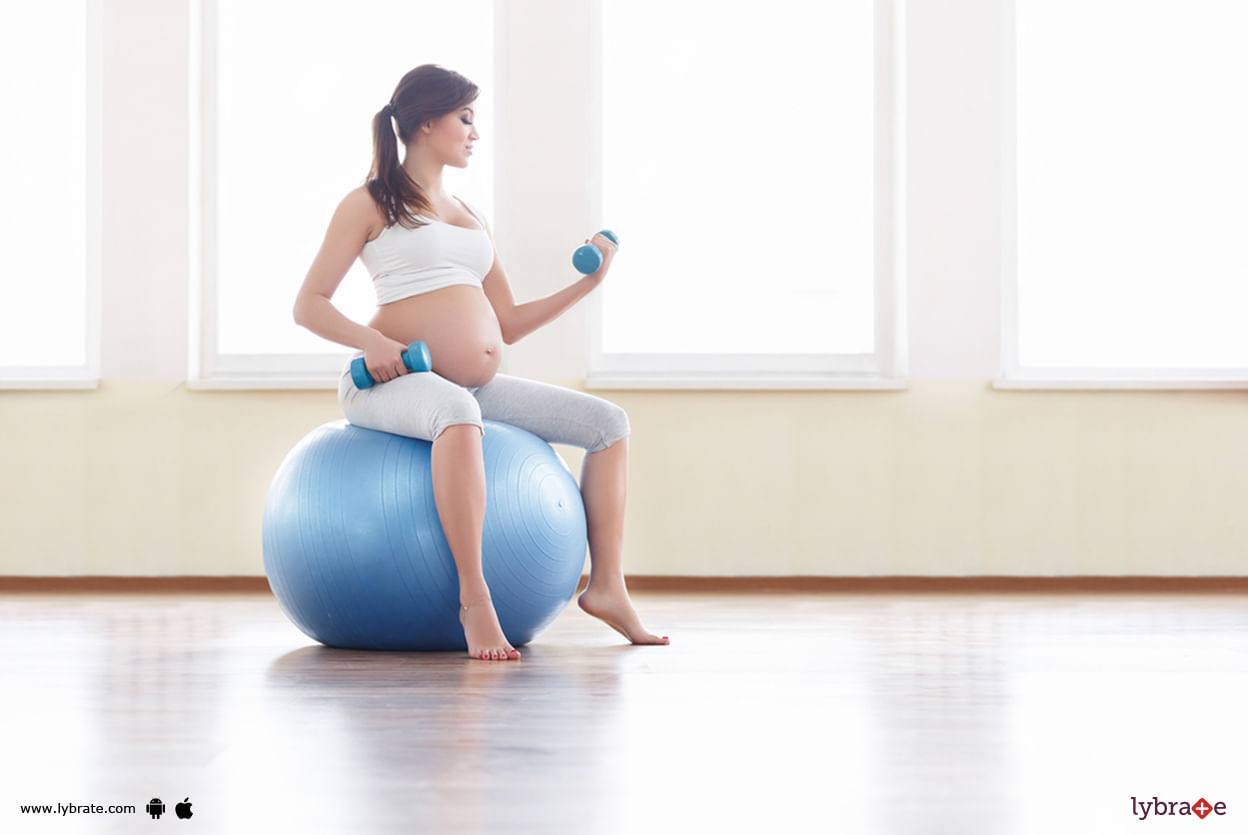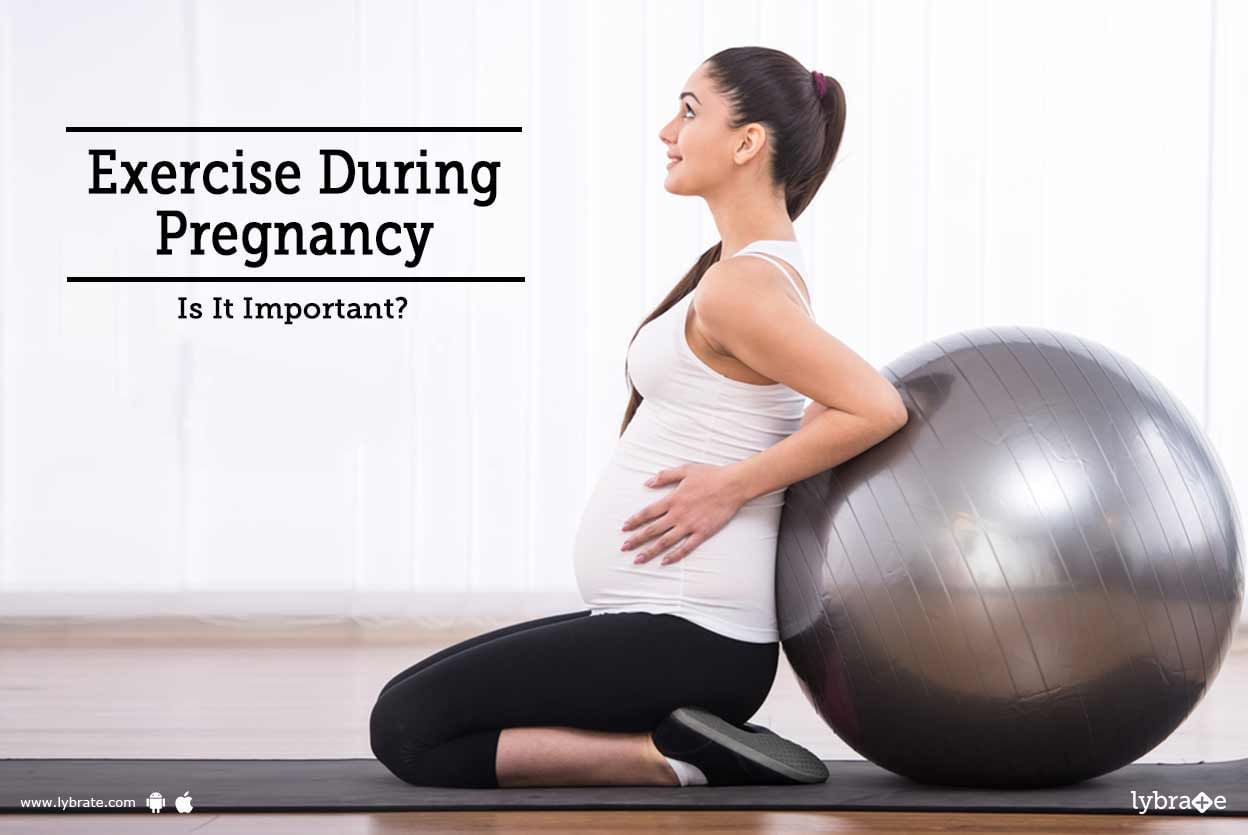Get the App
For Doctors
Login/Sign-up
Health Feed
Find Doctors
Health Packages
AllQ&AsTipsQuizzes
Pregnancy Exercise Health Feed
Last Updated: 2 years ago• Featured Tip
Share
Bookmark
Report
Pregnancy is a beautiful and exciting time for many women, but it can also bring on a range of discomforts and challenges. One common issue that many pregnant women experience is back pain, which can make it difficult to sleep comfortably and get the rest you need. In this article, we will provide tips on how to relieve back pain during pregnancy while sleeping, so you can get the rest you need to stay healthy and strong throughout your pregnancy.
What causes back pa...more
839 people found this helpful
Last Updated: 3 years ago• Featured Tip
Share
Bookmark
Report
मां बनना एक सुखद अहसास है, अमूमन सभी महिलाओं इस अनुभूति से गुजरना चाहती हैं। जल्दी गर्भवती होने का कोई अचूक फार्मूला तो नहीं है। बावजूद इसके कुछ ऐसी आदतें है जिनसे शीघ्र गर्भधारण करने की इच्छा पूरी की जा सकती है। आइए ऐसी ही 12 टिप्स पर नज़र ड़ालें जिनसे शीघ्र गर्भधारण में मदद मिल सकती है।
1- अपने मासिक चक्र का रिकार्ड बनाएं
गर्भवती होने की इच्छुक महिला को अपने मासिक चक्र यानी पीरियड्स का रिकार्ड बनाना चाहिए। इस बात की निगरानी करनी चाहिए कि क्या उसके मासिक धर्म का पहला दिन नियमि...more
1- अपने मासिक चक्र का रिकार्ड बनाएं
गर्भवती होने की इच्छुक महिला को अपने मासिक चक्र यानी पीरियड्स का रिकार्ड बनाना चाहिए। इस बात की निगरानी करनी चाहिए कि क्या उसके मासिक धर्म का पहला दिन नियमि...more
Last Updated: 3 years ago• Featured Tip
Share
Bookmark
Report
Normal childbirth is often viewed as a dangerous and agonizingly uncomfortable process. This is due to a misunderstanding of non-drug delivery. Unmedicated childbirth not only avoids major surgery, but it also has a short period that helps infants get beneficial bacteria as it moves through the canal.
Preparing for labor and delivery is like training for a marathon. To have a happy birth experience and recover quickly, you need to be physically and mentally prepared.
more
Preparing for labor and delivery is like training for a marathon. To have a happy birth experience and recover quickly, you need to be physically and mentally prepared.
more
738 people found this helpful
Last Updated: 5 years ago• Featured Tip
Share
Bookmark
Report
Are you gaining excessive amount of weight during your pregnancy, well you are not alone. Most of the pregnant women tend to be overweight or obese. You are viewed as overweight, if your pre-pregnancy body mass index (BMI) is approximately between twenty-five and twenty-nine. Your BMI is the relationship between your height and weight. You are considered obese, if your BMI is thirty or more.
However, here are some ways with which you can control the weight gain during pregnancy:
more
However, here are some ways with which you can control the weight gain during pregnancy:
Last Updated: 6 years ago• Featured Tip
Share
Bookmark
Report
Exercising during pregnancy is beneficial not only for the expectant mother but also for the growing fetus. The effects of exercise at this time can be seen immediately and last a lifetime. Unless a woman suffers from a medical condition, she should have at least 20-30 minutes of moderate exercise a day when pregnant. Here are a few ways you can benefit from exercising when pregnant.
Energy Boosts- Carrying a growing fetus can take away a lot of your energy leaving you feeling tired and...more
Energy Boosts- Carrying a growing fetus can take away a lot of your energy leaving you feeling tired and...more
Last Updated: 6 years ago• Featured Tip
Share
Bookmark
Report
Contrary to what some people may believe, exercise during pregnancy does not raise the risks of miscarriage or low birth weight or an early delivery. On the contrary, it offers a host of benefits to both the mother and the child. However, this doesn't mean that there are no risks of a workout during pregnancy whatsoever.
Women who have been active before pregnancy may continue with the exercises. But, those who are new to exercise must get advice on the exercise regimen from an expert. ...more
Women who have been active before pregnancy may continue with the exercises. But, those who are new to exercise must get advice on the exercise regimen from an expert. ...more
Last Updated: 6 years ago• Featured Tip
Share
Bookmark
Report
Contrary to what some people may believe, exercise during pregnancy does not raise the risks of miscarriage or low birth weight or early delivery. On the contrary, it offers a host of benefits to both the mother and the child. However, this doesn't mean that there are no risks of a workout during pregnancy whatsoever.
Women who have been active before pregnancy may continue with the exercises. But, those who are new to exercise must get advice on the exercise regimen from an expert. Her...more
Women who have been active before pregnancy may continue with the exercises. But, those who are new to exercise must get advice on the exercise regimen from an expert. Her...more
Last Updated: 6 years ago• Featured Tip
Share
Bookmark
Report
Exercise can do wonders for you during your pregnancy. It helps to prepare you for childbirth by strengthening your muscles, relaxing your ligaments and increasing breathing capacity of lungs.
Benefits of antenatal exercises -
1. Improves your stamina and breathing capacity of lungs which will help during your labour pains
2. Beneficial effects on course and outcome of labour
3. Improving circulation for mother and baby
4. More controlled weight gain in pregnancy
5. Reduc...more
Benefits of antenatal exercises -
1. Improves your stamina and breathing capacity of lungs which will help during your labour pains
2. Beneficial effects on course and outcome of labour
3. Improving circulation for mother and baby
4. More controlled weight gain in pregnancy
5. Reduc...more
1 people found this helpful
Last Updated: 6 years ago• Featured Tip
Share
Bookmark
Report
Exercising during pregnancy is beneficial not only for the expectant mother but also for the growing fetus. The effects of exercise at this time can be seen immediately and last a lifetime. Unless a woman suffers from a medical condition, she should have at least 20-30 minutes of moderate exercise a day when pregnant. Here are a few ways you can benefit from exercising when pregnant.
Energy Boosts- Carrying a growing fetus can take away a lot of your energy leaving you feeling tired and...more
Energy Boosts- Carrying a growing fetus can take away a lot of your energy leaving you feeling tired and...more
Last Updated: 6 years ago• Featured Tip
Share
Bookmark
Report
When it comes to pregnancy, caring for your body begins even before conception. Preconception health care focuses on what you need to do before getting pregnant and increases your chances of having a healthy baby. For some women, it can take a merely a few months to prepare their body for pregnancy while for others, it can take longer.
Here are a few steps to help you get ready for a healthy pregnancy.
Visit the doctor: Your first visit to a doctor should be scheduled long befo...more
Here are a few steps to help you get ready for a healthy pregnancy.
Visit the doctor: Your first visit to a doctor should be scheduled long befo...more
Book appointment with top doctors for Pregnancy Exercise treatment
View fees, clinic timings and reviews
Ask a free question
Get FREE multiple opinions from Doctors
posted anonymously





















